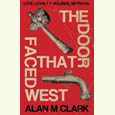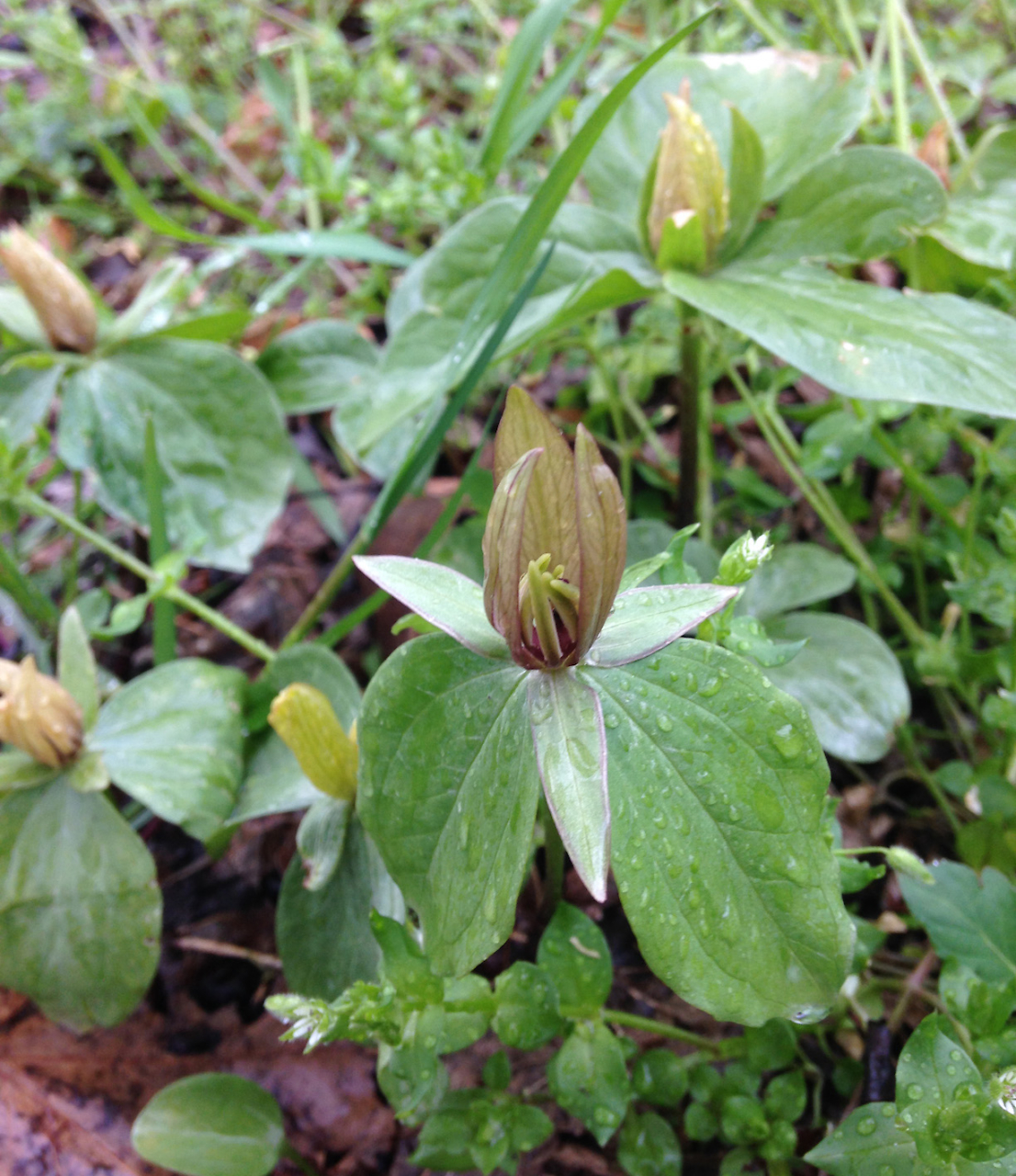Winning the Literary Lotto
Memphis writer Jamey Hatley wins two national grants for work in progress
Memphis writer Jamey Hatley doesn’t know who put her name up for a Rona Jaffe Foundation award, but that anonymous supporter is the reason she won $30,000 last month to work on her novel The Dream-Singers. “Someone just catches you writing and steps up,” she said of the nominating process.
 The annual Jaffe Foundation awards go to six women writers “who demonstrate excellence and promise in the early stages of their careers,” according to the foundation. Previous winners include ZZ Packer, Kirstin Valdez Quade, and poet Solmaz Sharif. In a recent interview, Hatley, who is forty-four, called it “kind of spectacular” to be among the recipients: “I’m old for that, for age not to be a factor.”
The annual Jaffe Foundation awards go to six women writers “who demonstrate excellence and promise in the early stages of their careers,” according to the foundation. Previous winners include ZZ Packer, Kirstin Valdez Quade, and poet Solmaz Sharif. In a recent interview, Hatley, who is forty-four, called it “kind of spectacular” to be among the recipients: “I’m old for that, for age not to be a factor.”
While she called the grant “the literary lotto for emerging writers,” the momentum in her career hardly seems random. She also received a $25,000 grant this year when the National Endowment for the Arts chose her as a fiction fellow.
In Hatley’s novel-in-progress, twins are born in Memphis in 1968—a boy delivered just as Martin Luther King Jr. delivers his hauntingly prescient final speech at Mason Temple, and a girl arriving hours later at the moment the civil-rights leader is assassinated. The novel’s first chapter was published in the Oxford American in 2009 as the short story “Dream Season.” It describes the funeral of the baby boy, who dies at three months following a Fourth of July barbecue in the Walker Homes neighborhood where he lived his short life. The sound and atmosphere of the service magically permeates the community:
That sly baby grief unloosed other nameless, buried pain all over Walker Homes. Relentlessly and without permission, the funeral entered through open windows and screen doors, through chinks in paneling, and up through floorboards. … Women locked themselves in bathrooms. Grown men put pillows over their heads to try to drown the funeral out. Toasters and electric fans shorted out. Necks were singed with pressing combs. Dinners burned. Toilets backed up.
Hatley, who cites Gabriel Garcia Marquez, Toni Morrison, and William Faulkner as her literary heroes, says the tradition of African-American folk magic is essential to her work. “It’s very alive to me, the beauty of something able to survive the trans-Atlantic slave trade and still be here today. Catholics had the saints that were a shield. We had whatever was available, so salt, sugar, vinegar, mothballs.”
 In The Dream-Singers, a record-breaking snow in Memphis in March 1968 is a signal of storms ahead, when “any Mississippi Granny worth her salt” would add bottles to the bottle tree and bury boxes of Red Devil Lye to mark her property. When the state Department of Health arbitrarily changes the names of the twins on their birth certificates, the insult is felt by the entire neighborhood. “Walker Homes knew that a name was no trifling thing,” Hatley writes. “Some of the elders among them had basket names that were only known by their closest kin. Write your enemy’s name on a paper and put it in your shoe and walk over it. Whisper an enemy down by calling his name while he sleeps.”
In The Dream-Singers, a record-breaking snow in Memphis in March 1968 is a signal of storms ahead, when “any Mississippi Granny worth her salt” would add bottles to the bottle tree and bury boxes of Red Devil Lye to mark her property. When the state Department of Health arbitrarily changes the names of the twins on their birth certificates, the insult is felt by the entire neighborhood. “Walker Homes knew that a name was no trifling thing,” Hatley writes. “Some of the elders among them had basket names that were only known by their closest kin. Write your enemy’s name on a paper and put it in your shoe and walk over it. Whisper an enemy down by calling his name while he sleeps.”
Hatley received her bachelor’s degree in business from the University of Tennessee in Knoxville in 1994 and later earned a master’s degree in journalism at the University of Memphis, and an M.F.A. at Louisiana State University. After a decade in Louisiana, she returned to Memphis because her parents, who are in their eighties, are here. “I feel like a ghost haunting myself, because I can encounter Jamey over the years,” she said of coming back to her hometown and crossing paths with people from various times in her life.
 She is music editor of Mississippi Folklife, a journal recently revived by the Mississippi Arts Commission. In 2010, she wrote an essay for the Oxford American called “Hating the Blues,” about her youthful resistance to the form. “These blues people, my blues people, are triumphant for not only surviving to tell the tale but having the nerve to make it art,” she wrote of her ultimate surrender to the music. Her stories also have appeared in Memphis Noir, Long Hidden: Speculative Fiction from the Margins of History, and Callaloo.
She is music editor of Mississippi Folklife, a journal recently revived by the Mississippi Arts Commission. In 2010, she wrote an essay for the Oxford American called “Hating the Blues,” about her youthful resistance to the form. “These blues people, my blues people, are triumphant for not only surviving to tell the tale but having the nerve to make it art,” she wrote of her ultimate surrender to the music. Her stories also have appeared in Memphis Noir, Long Hidden: Speculative Fiction from the Margins of History, and Callaloo.
The Dream-Singers will confront what she calls the “huge silence” in Memphis about the time of King’s assassination. “When I would ask my parents about that time, they would talk about the snow that happened, or just the sadness about why did it have to happen here. They kind of talked around it,” she said. “The feeling is that he died on our watch. There is so much shame people really don’t know what to say. I’m very interested in what that does to the collective, that information that the most important figure died where you live. What does that telegraph to you about your ability to dream, about your ability to imagine a world? The unconscious weight of that has impacted me and run in the background of my life without me realizing that.”
Hatley says that the issues her book takes up are unfortunately not confined to history. “I used to wonder if the book I was going to write would be relevant,” she said. “It’s horribly relevant. We are still living with the legacy of enslavement, segregation, terrorism against blacks, xenophobia. It’s a crucible now.”

Peggy Burch was books editor at The Commercial Appeal in Memphis for ten years, and she also worked as a deputy metro editor and Arts & Entertainment editor for the newspaper. She is a graduate of the Newhouse School of Public Communications at Syracuse University and holds a master’s degree in English literature from the University of Mississippi.

